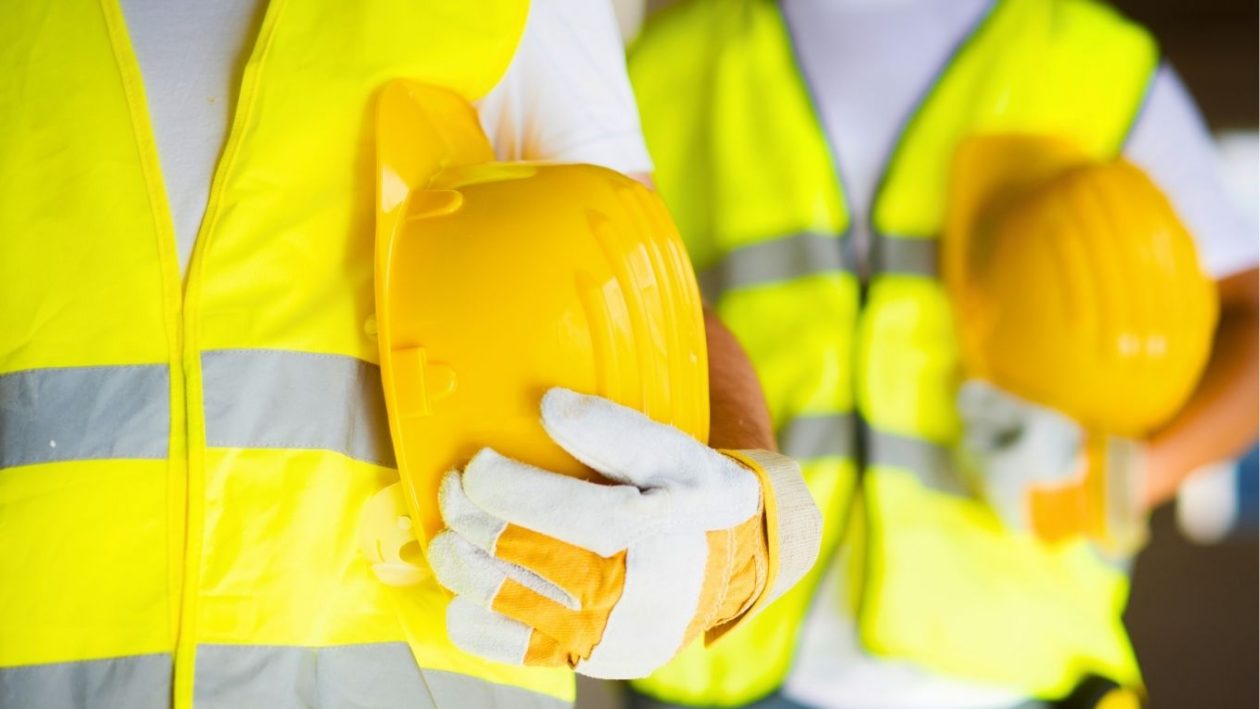Unskilled Workers

Unskilled workers are an essential part of the construction sector, providing the labor necessary to complete various tasks that require physical effort but not specialized skills. This guide explores the roles, responsibilities, skills required, challenges faced, and best practices for unskilled workers in construction.
The Role of Unskilled Workers
Unskilled workers perform a variety of tasks that are fundamental to the construction process. Their responsibilities include:
- Site Preparation: Clearing construction sites of debris, digging trenches, and setting up scaffolding.
- Material Handling: Loading, unloading, and transporting construction materials such as bricks, cement, and tools.
- Assisting Skilled Workers: Supporting electricians, plumbers, carpenters, and other trades by fetching tools, holding materials, and performing other auxiliary tasks.
- Cleaning and Maintenance: Keeping the construction site clean and organized, ensuring safety and efficiency.
Skills and Qualifications
While unskilled workers do not require specialized training, certain skills and attributes are crucial for success in their roles. These include:
Physical Stamina
- Strength and Endurance: Capability to perform physically demanding tasks for extended periods.
- Coordination and Precision: Good hand-eye coordination and precision for tasks requiring careful handling of materials.
Basic Skills
- Communication: Ability to understand and follow instructions from supervisors and skilled workers.
- Teamwork: Working effectively as part of a team to complete tasks efficiently.
Personal Attributes
- Reliability: Being dependable and showing up on time to ensure project schedules are maintained.
- Attention to Detail: Ensuring tasks are completed accurately and safely.
- Adaptability: Being flexible and willing to take on various tasks as needed.
Challenges Faced by Unskilled Workers
Unskilled workers encounter several challenges in their profession, including:
- Physical Demands: The physically demanding nature of the work can lead to fatigue and injuries if not managed properly.
- Safety Risks: Exposure to hazards such as heavy machinery, heights, and construction debris.
- Job Stability: Project-based employment can lead to periods of unemployment between projects.
- Limited Career Advancement: Without specialized skills or training, opportunities for advancement may be limited.
Best Practices for Success
To succeed in the construction industry, unskilled workers should adhere to best practices that ensure safety, efficiency, and quality work. These include:
Prioritize Safety
Always wear appropriate personal protective equipment (PPE), follow safety protocols, and stay updated on safety training. Safety should be the top priority on any construction site.
Maintain Physical Fitness
Regular exercise, proper nutrition, and sufficient rest are essential to handle the physical demands of the job. Staying fit helps prevent injuries and improves overall performance.
Effective Communication
Develop strong communication skills to work well with team members and supervisors. Clear and concise communication helps prevent misunderstandings and errors.
Continuous Learning
While the role may not require specialized skills, taking the initiative to learn basic construction techniques and safety protocols can improve job performance and open opportunities for advancement.
Conclusion
Unskilled workers are integral to the construction industry, providing essential labor that supports the overall construction process. By understanding their roles, developing the necessary skills, and adhering to best practices, these workers can contribute significantly to construction projects. Whether working on site preparation, material handling, or assisting skilled trades, the efforts of unskilled workers are crucial to the success and safety of construction projects.